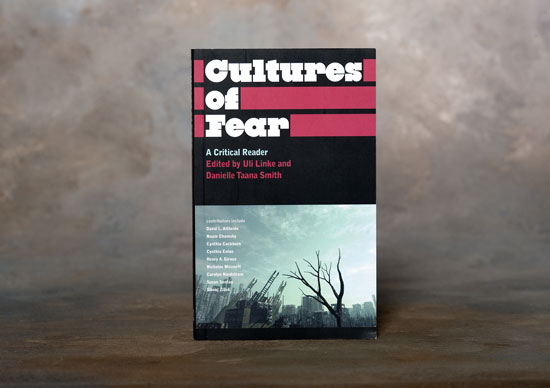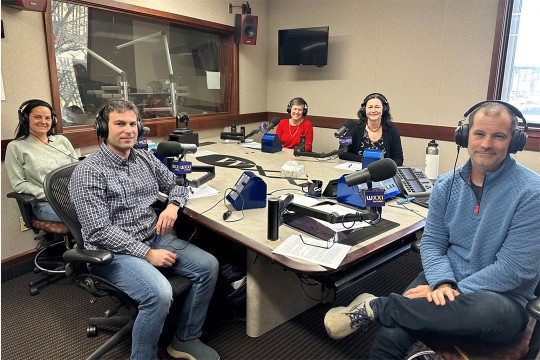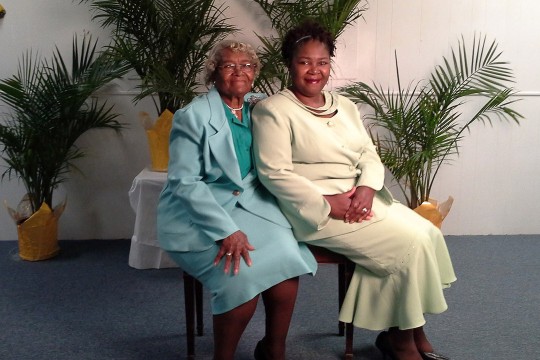Book Examines the Politics of Fear in the Era of Globalization
Cultures of Fear explores the formation and normalization of fear
A. Sue Weisler
Cultures of Fear explores the formation and normalization of fear, and examines the politics of fear in the era of globalization.
Fear is a human emotion, that enables human beings to protect themselves, to flee or fight, to avoid dangerous situations and to take defensive action. However, with a focus on the global context, anthropologist Uli Linke and sociologist Danielle Taana Smith, both faculty at Rochester Institute of Technology, suggest that the production of fear and the discourse of terror have been variously deployed as a political strategy to manipulate public opinion and to govern people, communities and nations.
In Cultures of Fear, published by Pluto Press, Linke and Smith assemble essays from world-class scholars, each discussing different ways in which fear is produced, used and channeled toward specific socio-political ends.
“Our volume is an interdisciplinary reader on the formation and normalization of fear in global contexts of war, violence and terror,” notes Linke, professor of anthropology at RIT, who has written extensively on issues of violence, genocide and social suffering. “Our aim is to enable readers to critically engage the political, social and cultural dimensions of terror and reveal the similar logics of fear that governments, humanitarian agencies and extremist organizations use to monitor, control and contain humans in various zones of violence.”
The book focuses on five main themes: cultures of fear, states of terror, zones of violence, intimacies of suffering and the normalization of terror, and includes essays by prominent writers such as Noam Chomsky, Henry A. Giroux and Susan Sontag.
“The inspiration for this book comes from a life-long commitment to social justice and global peace, and the need to enhance our understanding of the expanding states of terror in the twenty-first century,” says Smith, associate professor of sociology and a native of Liberia. Her previous research includes the examination of survival strategies used by Liberian refugees who fled the nation during its two-decade civil war.
“Freedom from fear is a common right that all humans should share,” Linke concludes. “My hope is that this book will shed light on the fact that we live in a world where the absence of fear is far from reality.”















